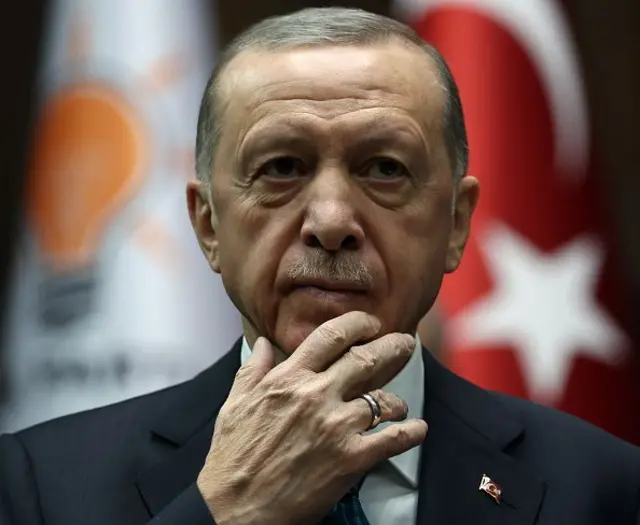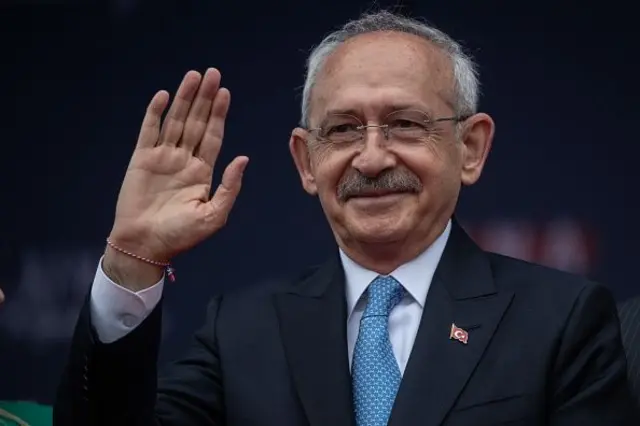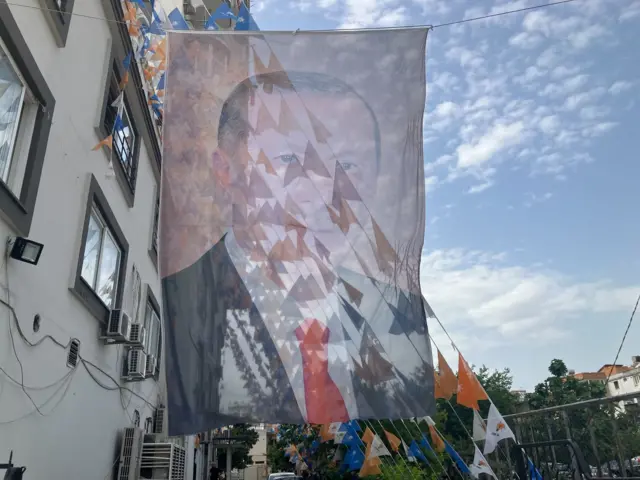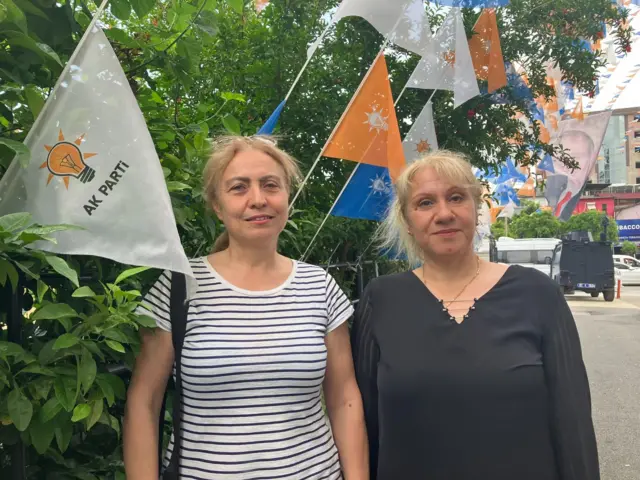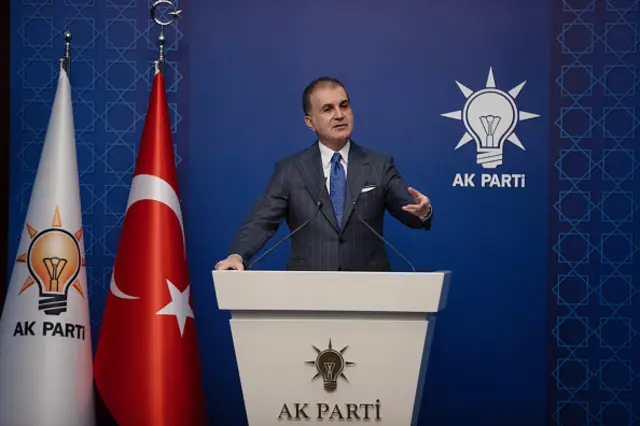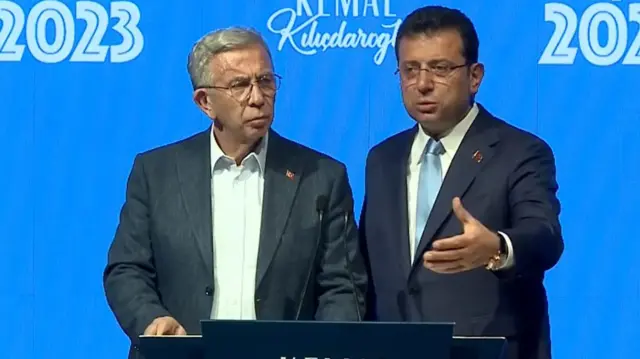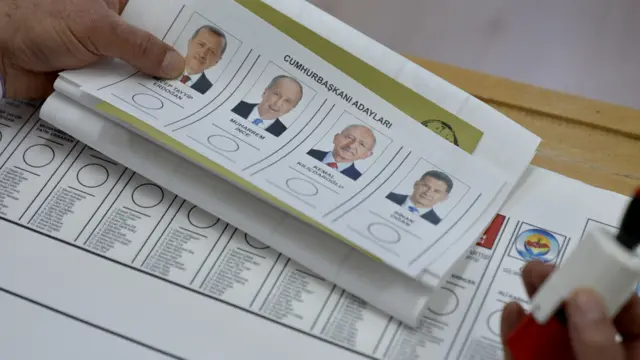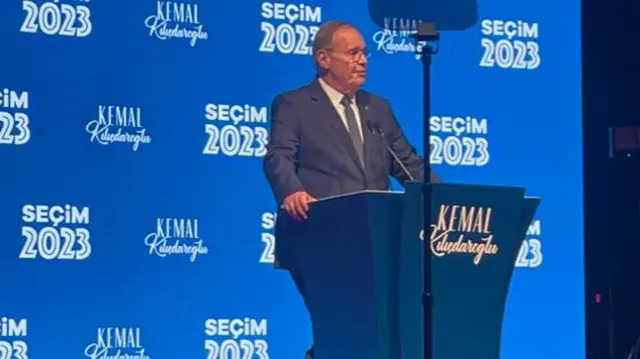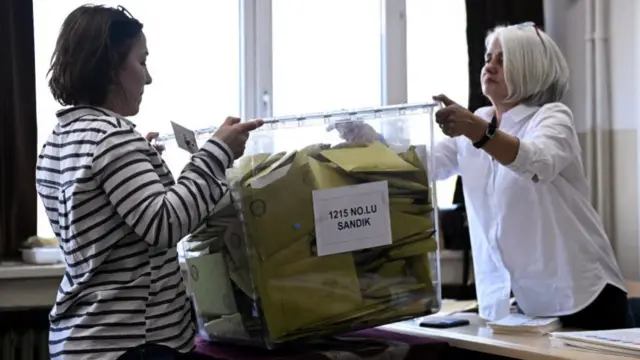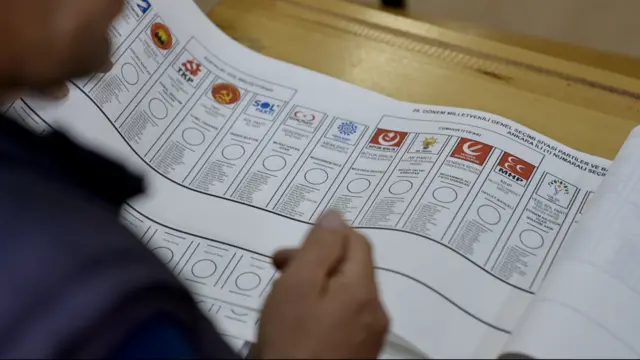Results from three big cities might have a dramatic effectpublished at 20:04 BST 14 May 2023
As the counting of the votes continues in Turkey, votes from the three biggest cities - Istanbul, Ankara and Izmir - might change the result of the elections.
So far, more than 60% of the votes all around the country have been counted and Recep Tayyip Erdogan is ahead.
But many of the votes in the largest cities have yet to be counted.
Istanbul has a population of 16 million, while the capital, Ankara, and the western city of Izmir have a combined population of 10 million, and in all three only half the votes have been counted.
In Izmir and Istanbul so far, Kemal Kilicdaroglu seems ahead, while in Ankara, Erdogan is narrowly in the lead.
Izmir is a stronghold of the opposition CHP, and the party has increased its support in Istanbul and Ankara dramatically since the 2015 elections.
Ankara's mayor has said Kilicdaroglu will win when the results from these three major cities come in.
